Convos (Blog)
Applied creativity and inventive thinking for regular people in everyday life.
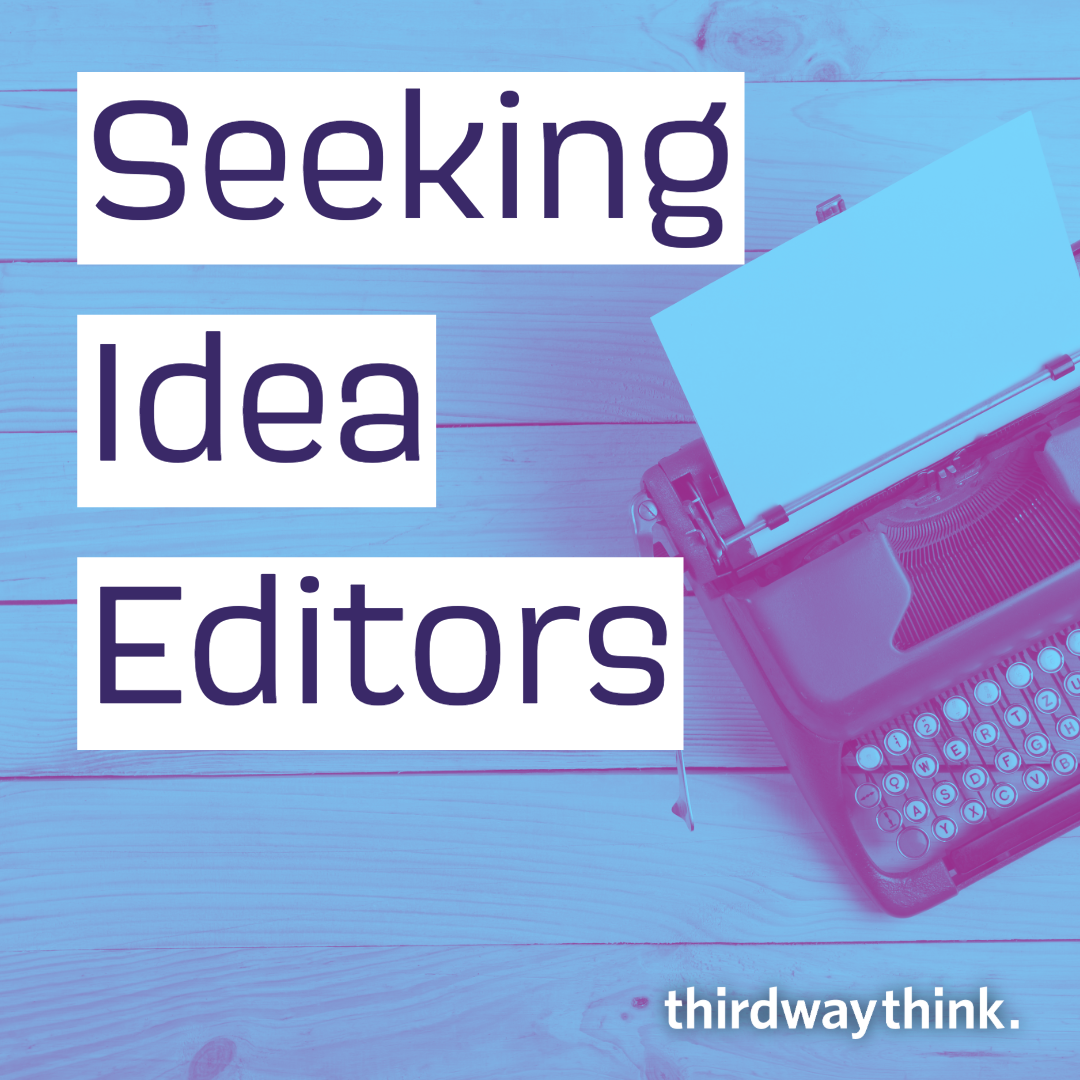
Seeking Idea Editors
Nope, this isn’t a job ad. It’s a plea to replace copy editing with idea editing. Stop me if you’ve heard this one before: You write a draft document. Maybe it’s a convincing business case. You get your ideas down. Then you send it to your committee or collaborators and invite feedback. The response? Mostly copy edits.
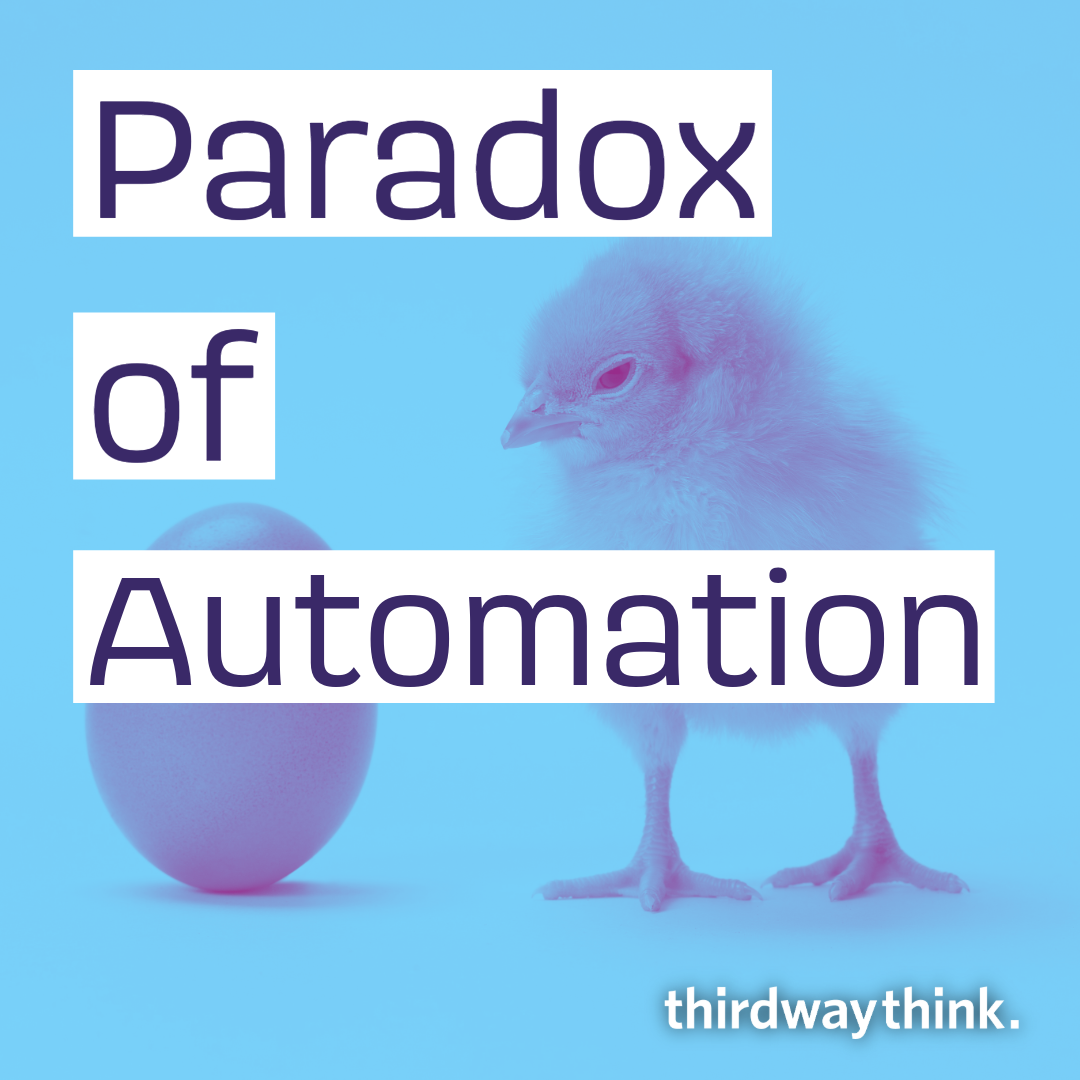
Paradox of Automation
Everywhere you look we try to make things easier for ourselves. One-click purchases. One-button coffee beverages. Autocorrect. Email automations. Purchase recommendations (“People who watched X also watched Y”). We build technology to anticipate our wants and automate our needs.
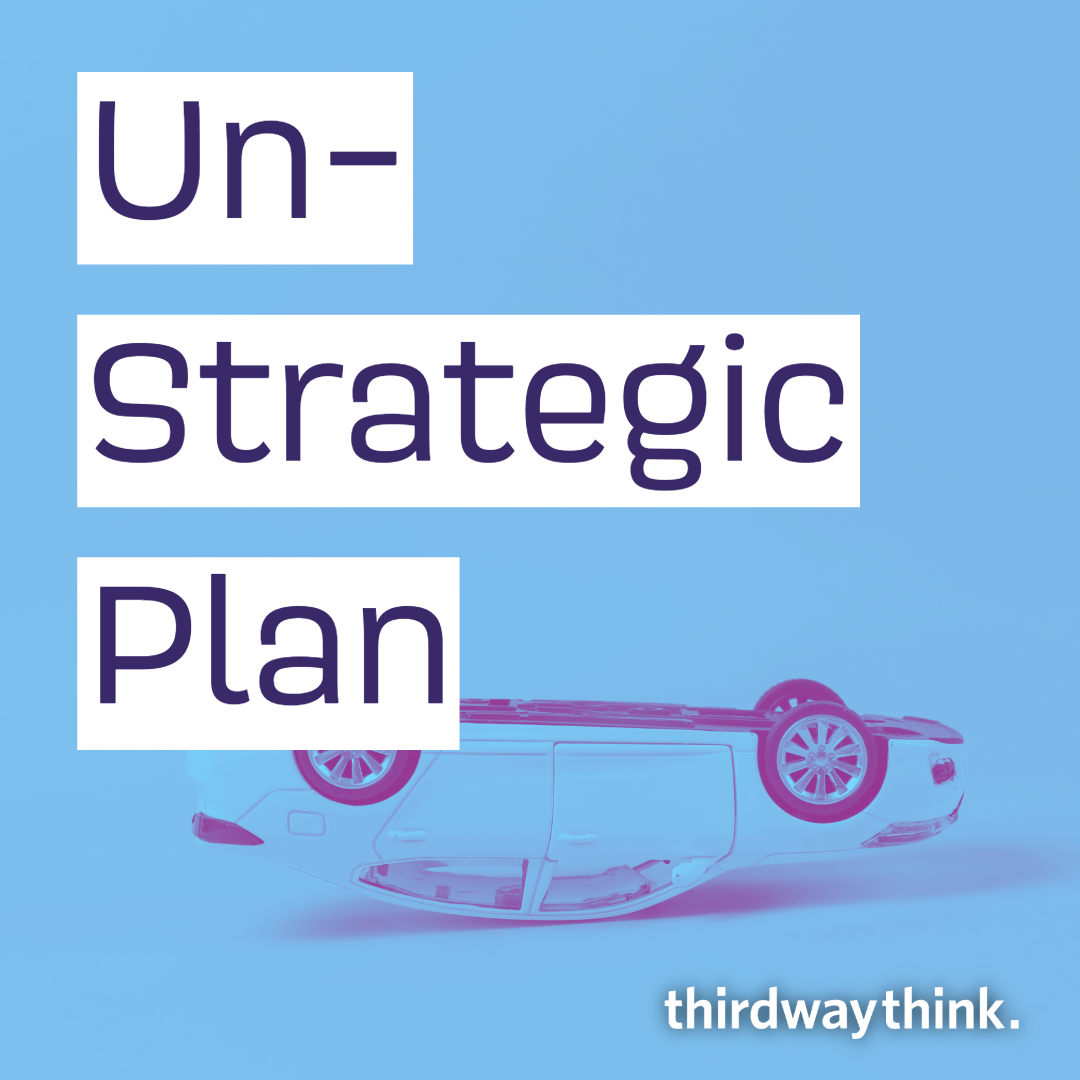
The Un-Strategic Plan
Is strategic planning necessary? I'll line up for strategic thinking, but strategic planning? You go first. Sure, sure. I’m a facilitator and I do help teams with strategy. But I can think of four main problems with most strategic planning processes I’ve seen and even led (sigh).
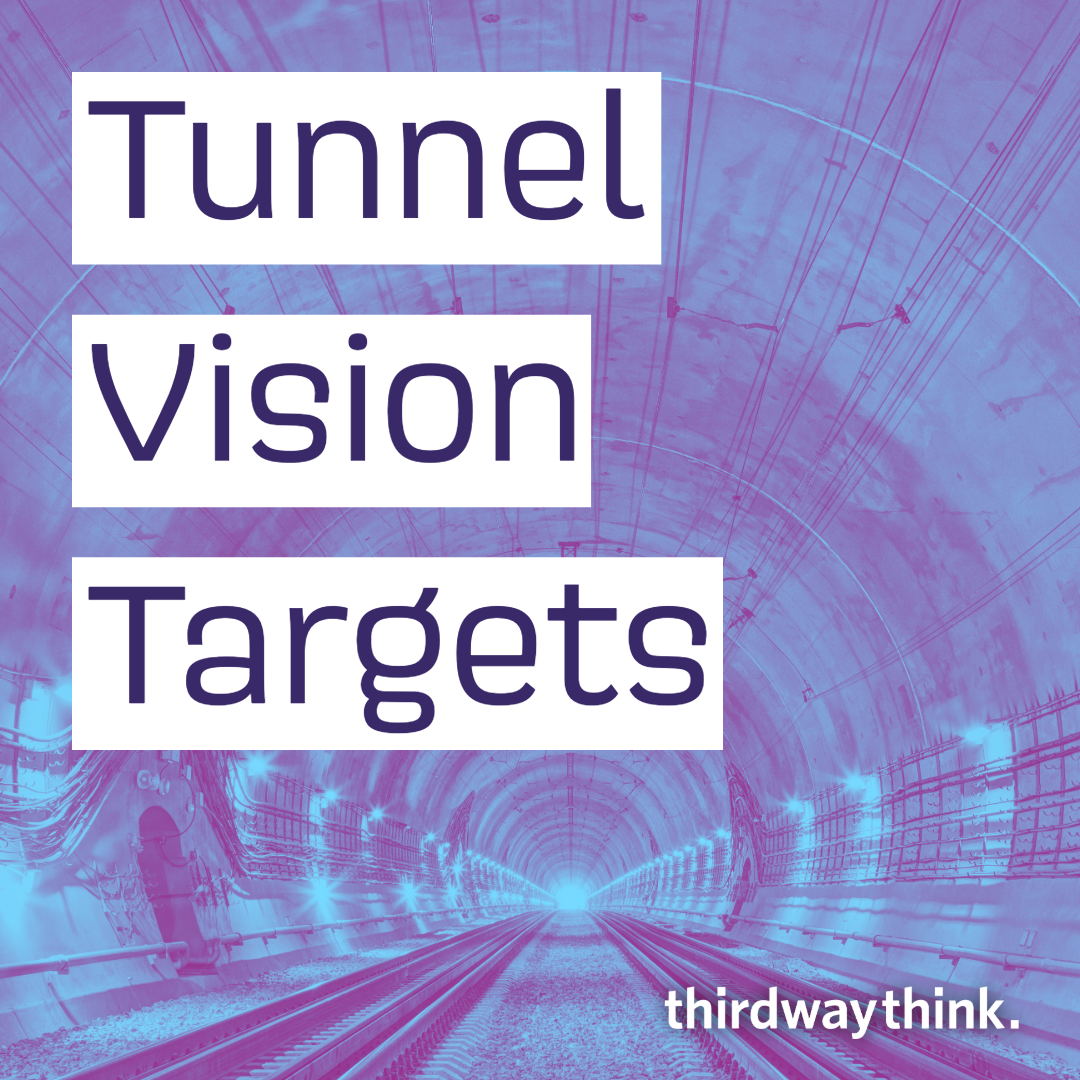
Tunnel Vision Targets
‘Tis the season for resolutions. Sometimes those resolutions are about changing habits. Sometimes those resolutions are about accomplishing goals. Setting targets seems simple and straightforward. But the world is a complicated place.

The Lottery Plan
Ok, the title is slightly misleading. This isn’t a plan to win the lottery. It’s the plan to transfer your knowledge to the someone who will do your job after you win the lottery. In some circles, this is called the Hit by a Bus plan (that seems… less optimistic).
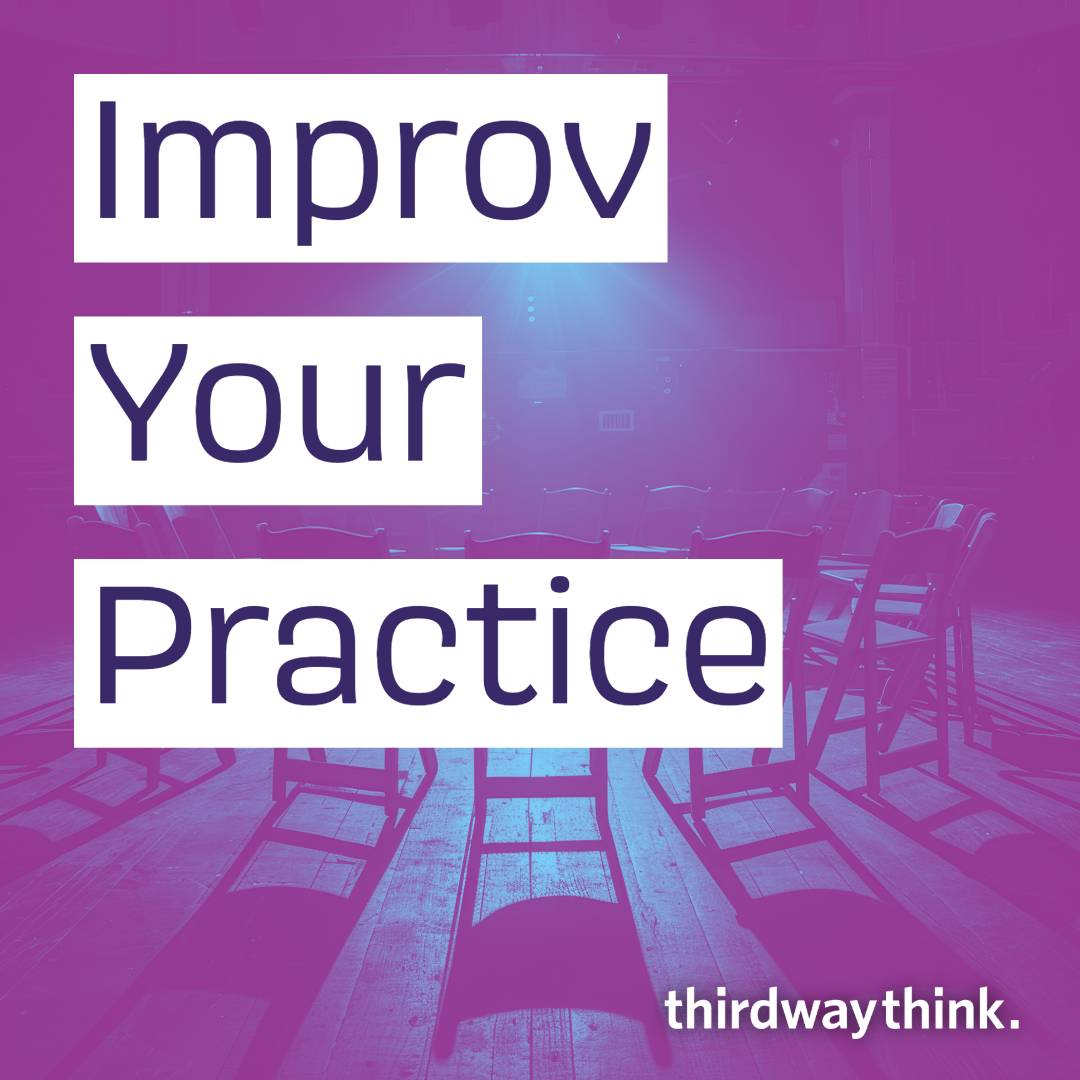
Improv Your Practice
You should practice improv. Huh? I know this sounds oxymoronic. Improv requires spontaneous responses to stimuli in the environment; how do you practice that? Truth be told, I’m in awe of people who perform in improv comedy troupes. I feel like my brain doesn’t work that way.
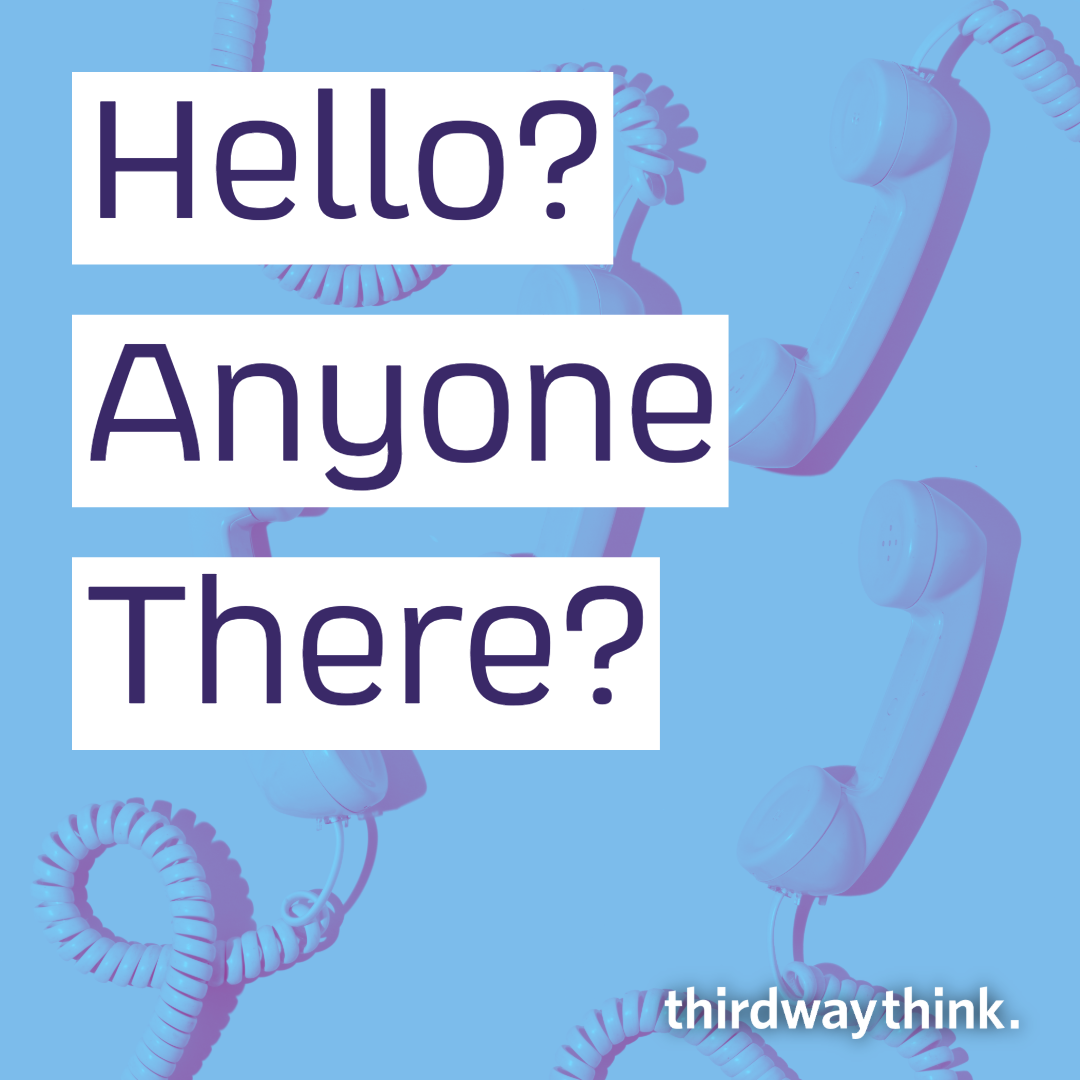
Hello? Anyone there?
Four months ago, I decided to write a daily post on my blog (in this space right here!). This wasn’t a ploy to optimize search results or even grow an audience. It was a personal experiment to get back to finding my own voice. What do I think? What matters to me?

Find Your North
I don’t need Spotify Wrapped or Apple Music Replay or Miro Recap (nod to my facilitator nerds). I just need a few minutes to rest, reflect and renew. Last week, I committed to two reflection-related tasks: 1) I joined Chris Taylor’s Preloaded Year workshop, and 2) I completed the Year Compass for 2026.

One Degree Away
I’ve been struggling to get good feedback on a project, so I tried something different. Instead of asking people for their thoughts I asked them to connect me. I deployed the Friend-of-a-Friend (FOAF) strategy. I examined my network of contacts and asked them to put me in touch with someone in their world who could help - and they did!

In Praise of Code Names
I’m helping coach a client through a six-month project with their team. As we were creating the roadmap, we discussed using a code name for the project. Unlike code names in spy movies, this project is not top-secret. But there are a few advantages of going with a code name…

Ship At 80%
You need to ship your work before you feel ready. Just so we’re clear: “shipping” is about releasing your work into the world. It’s a common term in IT and startup circles. Steve Jobs, for example, famously said “Real artists ship.” In Steve’s world, good ideas aren’t enough, you must finish them get them to market.

Mindset Check
I’ve always been interested in opportunities that make me a little scared and a little excited. The Mindset Check worksheet is a fun way to explore your feelings about an upcoming challenge.

Ask For 15 Minutes
“Everyone owes everyone 15 minutes.” This phrase has been rattling around in my head since my Hobnob interview with Jeff Narver last month. Jeff wasn’t referencing the standard “15 minutes of fame” quote that gets overused (sorry, Andy Warhol). He was talking about the secrets of networking – and I love him for it.

Steady She Goes
When conflict occurs, the goal isn’t quick resolution, it’s deeper understanding. I’m a Steady Eddy. I like harmony and peaceful interaction. When conflict rears its head, I want to rush to resolve it. I want to find the right joke that breaks the tension and returns equilibrium.

Innovation Is Polarizing
Ok, I’ll say it. Innovation is a polarizing term. It can be tough to be innovative when the world seems to be spinning out of control. Within our organizations, resources are tight, people are burned out, and knowledge work is being outsourced to AI. But what if these are the exact right conditions for more innovation and creativity?

Podium Finish
If you’re like me, then it is easy to get carried away with your own to-do list. It’s tempting to stay focused on meeting your own targets and moving your own projects forward. But when you’re responsible for others, it can be helpful to look up from your own commitments and recognize the contributions of others.

Always In Transition
What is the space between two transitions called? Transition. Get it? Steady state is rare these days. To make sense of the world it can be handy to have a mental model (e.g., PEST, Four Frames), but don’t stop there. When facing uncertain circumstances, move forward but remain flexible. Get people involved in the conversation. Liberate, leverage, and re-assign resources to the right priorities. Treat storytelling as a strategic act.

The IKEA Effect
It is not uncommon to have an affection for the things we build. Juliet Funt, High Performance Expert, calls this tendency as “The IKEA Effect.” In short, we like what we built because we were involved in building it. And the opposite is true: We like what other people built less, because we did not play a role in building it. This bias clouds our thinking.

Think in 5D
Recently, I’ve been reading a lot about Appreciative Inquiry. As the name suggests, AI is about two things: 1) appreciating what is already working well, and 2) asking good questions. I have come to appreciate (!) one simple tool at the heart o the process: The 5D Cycle.

Mind the SCARF
What stops people from entertaining creativity in their workplaces? I found many possible answers to that question, but I quite liked the social threat angle behind David Rock’s SCARF model. It’s hard to be creative when one of the following is under threat: Status, Certainty, Autonomy, Relatedness, or Fairness.
